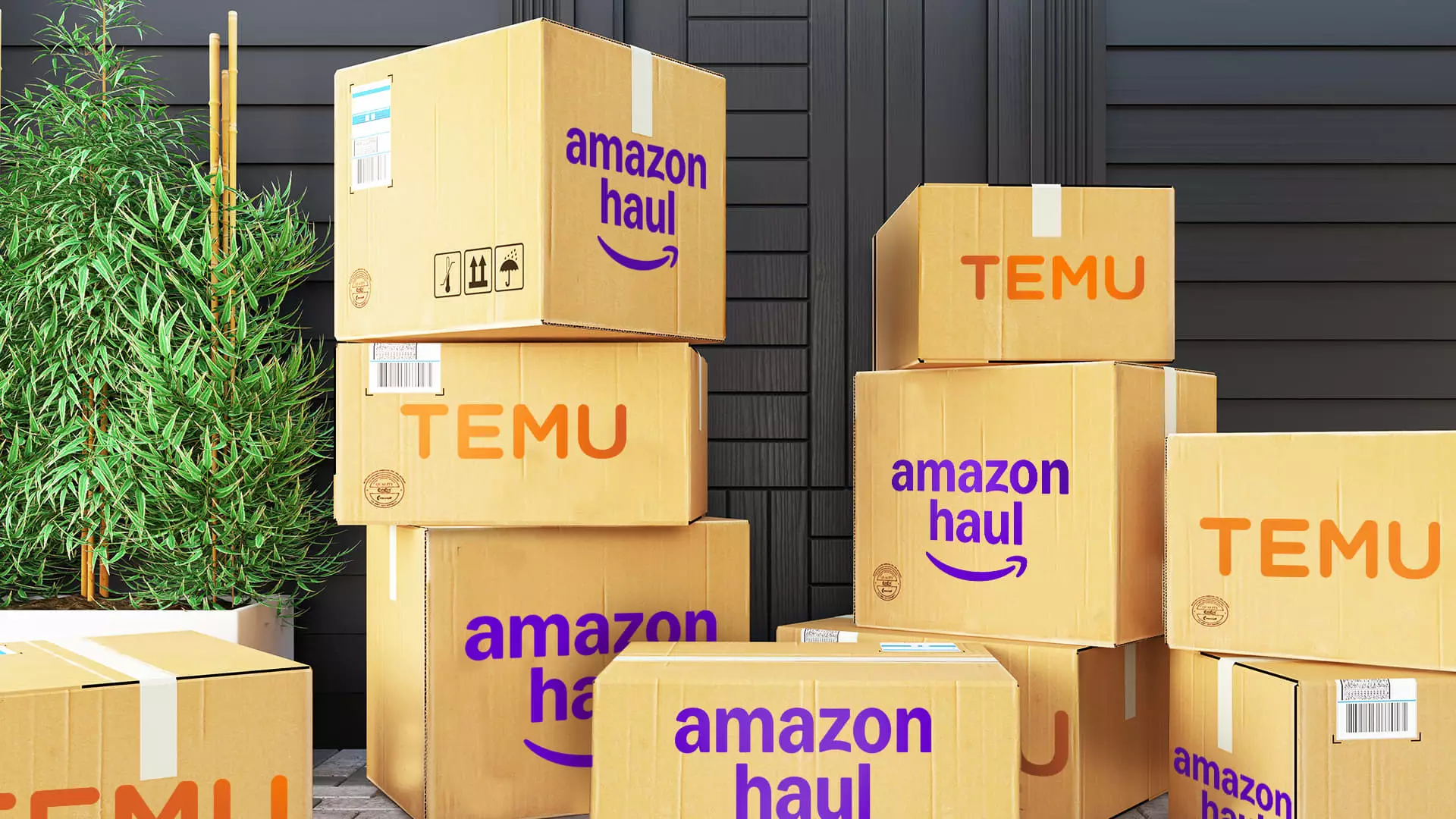In a bold move to expand its market presence, Amazon is gearing up to launch its discount storefront, Haul, in Europe later this year. This initiative signals Amazon’s serious intent to compete with rapidly growing platforms such as Temu and Shein, which have made significant inroads into the U.S. market. According to sources familiar with the development, Amazon is not just limiting its ambitions to Europe; job postings indicate a broader global strategy is underway, with plans to launch Haul in various international markets, including Mexico.
Recent trends show that online shopping platforms have become a battleground for e-commerce dominance, and Amazon is positioning itself to reclaim some market share. This comes after the initial debut of Haul in the U.S. in November, which aimed to offer shoppers a more engaging experience at lower price points. The expansion into Europe could significantly alter the competitive landscape, particularly in the fast-fashion demographic currently dominated by Chinese retailers.
Launched as a committed response to the likes of Temu and Shein, Haul aims to provide an exciting shopping experience centered around affordability. Most products are priced at $20 or less, promoting a consumer-friendly image that caters to deal-hungry shoppers. Items typically resonate with youth consumer culture, offering ultra-low-priced goods like eyelash curlers and jewelry—appealing to budget-conscious individuals seeking trendy fashion items.
What distinguishes Haul from traditional Amazon offerings is its exclusive access via the mobile app, marking a shift in how shoppers interact with Amazon’s ecosystem. By engaging users through a curated experience that emphasizes low prices, Amazon seeks to leverage the growing influence of mobile shopping, particularly among younger demographics.
To ensure revenue streams flow effectively from Haul, Amazon is adopting tactics from its established online store. Recently, the company introduced sponsored products within Haul search results, allowing sellers to pay for prominent placements—an approach that has proven successful in its traditional marketplace. This strategy is essential given the massive growth in Amazon’s ad revenue, which hit $56.2 billion in 2024.
Additionally, the incorporation of influencer-curated storefronts within Haul suggests a keen awareness of social media marketing’s power. By featuring selections from lifestyle influencers, such as fashion picks from TikTok star Michaela Delvillar, Amazon aims to tap into existing follower demographics and create a sense of community centered around the Haul brand.
Despite the promising outlook, Amazon’s journey into European markets via Haul is not without challenges. One significant hurdle is the company’s commitment to sustainability. Reports indicate that Haul shipments may employ plastic packaging, a move that could directly conflict with Amazon’s recent initiatives in Europe to shift to recyclable materials for deliveries. This dichotomy raises questions about how Amazon plans to balance consumer satisfaction with environmental responsibility, especially in regions where sustainability is highly prioritized.
Furthermore, the political climate surrounding e-commerce, particularly concerning U.S.-China trade relations, injects another layer of uncertainty. Recent shifts in regulations related to the de minimis rule—allowing low-value packages from abroad to enter the U.S. duty-free—could impact Amazon’s shipping strategies. While Haul relies on goods from China-based sellers, the potential for increased regulation places added pressure on the platform’s operational model.
Ultimately, Amazon’s ambitious push for Haul represents more than just a new storefront; it encapsulates a strategic maneuver to redefine its place in the e-commerce landscape. The ability to adapt quickly to changing consumer preferences, coupled with a willingness to innovate in product offerings and marketing strategies, may well dictate Haul’s success—or failure—in a competitive arena already populated by well-established brands.
As Amazon embarks on this exciting yet challenging venture, the developments in the coming months will certainly be of great interest to industry analysts and consumers alike. If successful, Haul could not only solidify Amazon’s relevance in the discount e-commerce sector but could also reshape the way in which consumers engage with online shopping platforms on a global scale. This latest initiative emphasizes the ongoing evolution of online retail, illustrating how competitive dynamics continue to shift in a fast-paced market.

